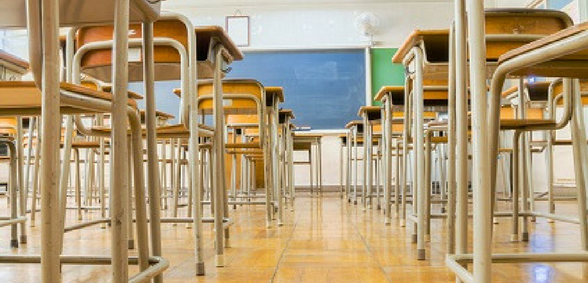
CREDIT: This story was first seen in TES
But too much structured support leaves more than one-in-10 former independent school students unready for university study, TES reports.
Students who went to an independent school are more likely to have felt well-prepared for university than their state school peers, a new survey suggests.
Three-quarters of independent school students said they were academically prepared for university, compared to just over half (53 per cent) of state school students, a study by Youthsight has found.
However, more than one in 10 (12%) students educated at independent schools said they had been inadequately prepared for university.
And the most common criticism was that they’d been given over-structured support at school and wanted to be more academically independent.
The study, commissioned by the Headmasters and Headmistresses’ Conference (HMC) and Girls’ School Association (GSA), found that nearly a quarter (23%) of students educated at state schools said they had not been properly prepared for higher education.
These students said good UCAS advice and tips on essay writing skills and referencing were not sufficiently available. And they lacked an insight on what university life and teaching would be like.
A majority of both state and independently educated children believe teaching standards were better at the school than at university, according to the poll of 500 final-year students.
Across the sample, undergraduates rated their teaching experience at school more highly (“much better” and “a little better” choices – 48%) than at university (36%).
Undergraduates from independent schools were more likely to say that the teaching they experienced at school was better than at university.
Reasons given included more personalised and individual support, smaller class sizes and more approachable teachers who cared more about student results.
The HMC and GSA has outlined a number of tips to pupils as they prepare to start university following the findings of the research.
One of the suggestions for students is reminding themselves what “independent learning” means to ensure they are prepared for an environment where there is less direct hands-on teaching support.
The poll also found that more than two-thirds (67%) of students from independent schools rated the level of pastoral and extra-curricular support at their school highly, with this figure dropping to 61 per cent at university.
At a session at the annual meeting of the Headmasters’ and Headmistresses’ Conference (HMC) yesterday, a number of headteachers said they felt worried about sending their pupils to freshers’ week at university because of pastoral issues, such as excessive drinking.
Rebecca Dougall, headteacher of St Helen and St Katharine school in Abingdon, Oxfordshire, said: “You know there is that sense of ‘We are here – we party’…Those are very intense occasions where the alcohol flows. The very nature of it means you are going from nought to 60 in a very short period of time.
“It is not that [universities] are standing back and ignoring it, but I think it is a genuine challenge for them. We need to have a joined-up discussion.”
Another headteacher in the session said: “A number of pupils said they really struggled to start at university because freshers week was just drinking, drinking, drinking. And all the messages they got from school the university just didn’t seem to appreciate.”
Chris Ramsey, headmaster of Whitgift independent school in London and co-chair of the HMC-GSA Universities Committee, said: “It is clear from this survey that students do not always fully appreciate the different attitudes they should bring to undergraduate life, but they articulate clear needs in key areas (assessment feedback, pastoral support and learning support in particular) where some universities are still perceived to fall short.”
Nick Hillman, director of the Higher Education Policy Institute, said that starting university should not be such a “cliff-edge” experience.
“Going up to university will always be a big shift for most students, because higher education is more than ‘big school’ and because undergraduates, unlike school pupils, are legally adults,” he said. “But we need to stop the transition feeling like such a cliff edge. It should be a gradual process rather than a one-off event, which in particular means ensuring all first-year students feel supported.”
Don’t forget to follow us on Twitter and keep up-to-date with the latest news and features
